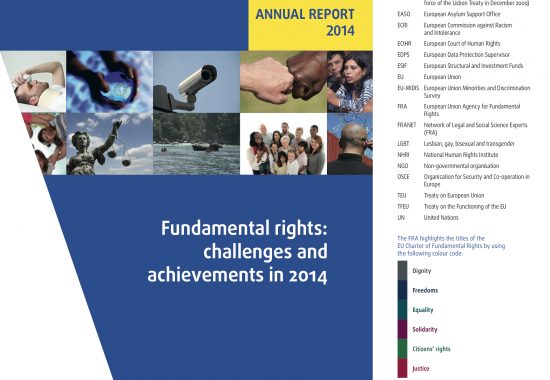Tomorrow, 8th March, is International Women’s Day. In commemoration, aditus foundation encourages the Maltese public, our government, and all authorities and institutions to focus on the impact of violence against women and to strive for its eradication — in policy and in practice. On 5th March, the Fundamental Rights Agency (FRA) published Violence against women: an EU-wide survey. As the survey states, “Violence against women undermines women’s core fundamental rights, such as dignity, access to justice and gender equality.”
Maltese women are abused at work, at home, in public and online. Amongst the FRA survey’s findings was that, starting from the age of 15, 22% of Maltese women have experienced male physical and/or sexual violence. Women suffered 15% of this violence at the hands of a male partner. In addition, 50% of Maltese women have experienced some form of sexual harassment, whilst 26% have experienced stalking.
It must be noted that these numbers, as worrying as they are, may be much lower than the truth. For example, the women surveyed admitted not having reported serious incidents of physical and/or sexual violence by a partner. The women did not contact police because they preferred to deal with the violence themselves or believed it was a family matter (35%), felt that the incident was minor (22%), were afraid (13%) or ashamed (12%), or decided to keep it private – presumably not telling anyone (13%). However, in spite of just 15% of women having cited violence by a partner, a significant 41% of the women surveyed indicated that they knew women in their circle of friends and family who had been victims of some form of domestic violence.
Also, although we tend to think of violence as being physical, the impact and violence of psychological abuse should not be underestimated. It may even extend to economic violence by a partner, including forbidding a woman to work outside the home. Economic violence was reported by Maltese women at a rate of 11%.
aditus foundation welcomes the recent developments for the advancement of women’s rights in Malta: firstly, the establishment of the Sexual Assault Response Team at Mater Dei Hospital. The team will offer sexual assault victims the services of a doctor, nurse, social worker, psychologist and police officer. We also welcome the intended ratification by Malta, announced this week, of the Istanbul Convention, which is the convention to prevent and combat violence against women and domestic violence.
We ask that these initiatives be supported by vigorous educational campaigns and the continuous training of the police, healthcare professionals and employers. Furthermore, there needs to be a greater effort towards attaining gender equality in Malta, since the empowerment of women leads to higher levels of disclosure about violence against them.
“Every sector of Maltese society must be watchful for violence against women. All campaigns on the subject must be directed at men as much as at women — and men need to feel a positive, proactive engagement in confronting the violent acts of some men against women.”
Download statement here.

